Healthcare professionals are facing a growing challenge as patients increasingly turn to the internet for medical information, often resulting in the spread of misinformation and conspiracy theories. According to a recent report, a significant number of patients are self-diagnosing their health problems online, which can lead to delayed or inappropriate treatment, putting their well-being and lives at risk.
Dr. Emily Chen, a primary care physician at a major hospital, stated, "We've seen a significant increase in patients coming in with misinformation about their conditions. It's not just a matter of patients being misinformed, but also a lack of trust in the medical system." Dr. Chen emphasized that while the internet can be a valuable resource for patients, it is essential to verify information through credible sources before making any medical decisions.
The rise of social media and online forums has created an environment where misinformation can spread quickly. Patients may come across articles or posts that claim to have a cure for a particular disease or condition, but these claims are often based on unverified or pseudoscientific sources. Dr. John Lee, a specialist in infectious diseases, noted, "The internet has made it easier for misinformation to spread, and it's up to us as healthcare professionals to educate patients about the importance of verifying information through credible sources."
The consequences of self-diagnosis and misinformation can be severe. According to a study published in the Journal of General Internal Medicine, patients who self-diagnose their conditions are more likely to experience delayed or inappropriate treatment, which can lead to worsening of their condition or even death. Dr. Rachel Kim, a psychologist who specializes in health communication, stated, "The internet can be a powerful tool for patients, but it's essential to use it responsibly and critically evaluate the information we find online."
In response to the growing challenge, healthcare professionals are adopting new strategies to educate patients about the importance of verifying information through credible sources. Dr. Chen noted, "We're working to create a more patient-centered approach to healthcare, where patients are empowered to make informed decisions about their care. This includes providing patients with reliable sources of information and encouraging them to ask questions and seek a second opinion when necessary."
As the healthcare landscape continues to evolve, it is essential for patients to be aware of the potential risks associated with self-diagnosis and misinformation. By taking a critical and informed approach to healthcare, patients can make more informed decisions about their care and avoid the potential consequences of misinformation.
In related news, a recent study published in the journal Nature found that the use of artificial intelligence (AI) in healthcare is increasing, but it also raises concerns about the potential for AI to perpetuate biases and misinformation. Casey Crownhart, a climate scientist, noted, "While AI has the potential to revolutionize healthcare, it's essential to consider the potential risks and limitations of AI in healthcare decision-making."
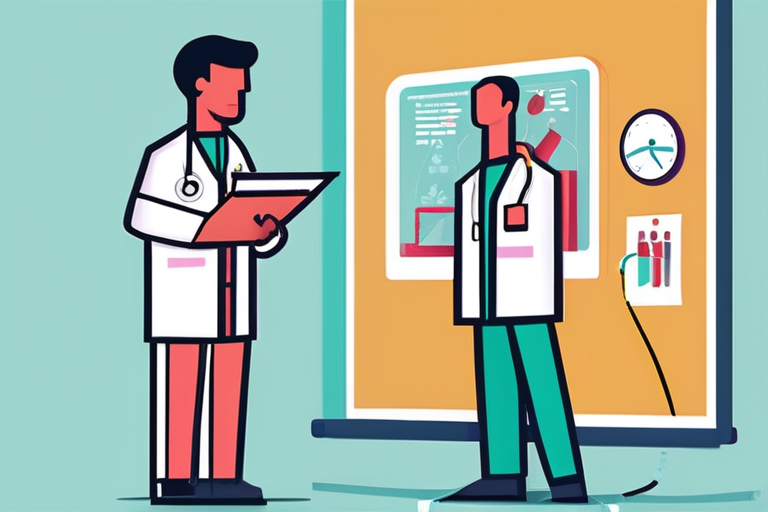




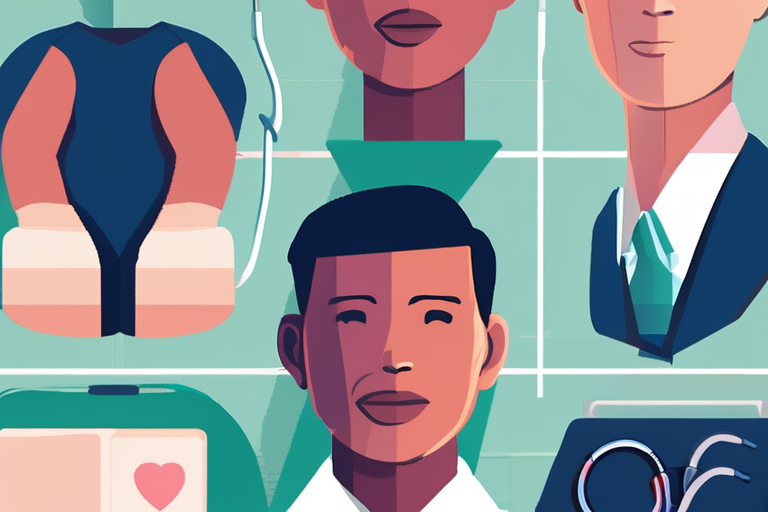
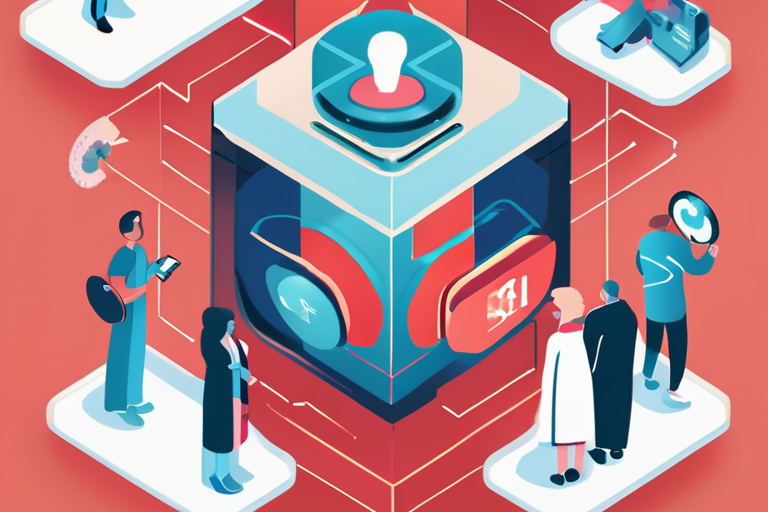

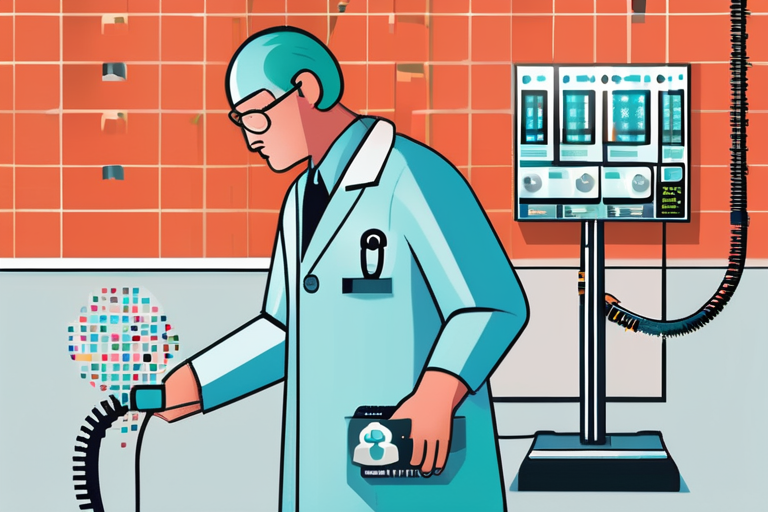
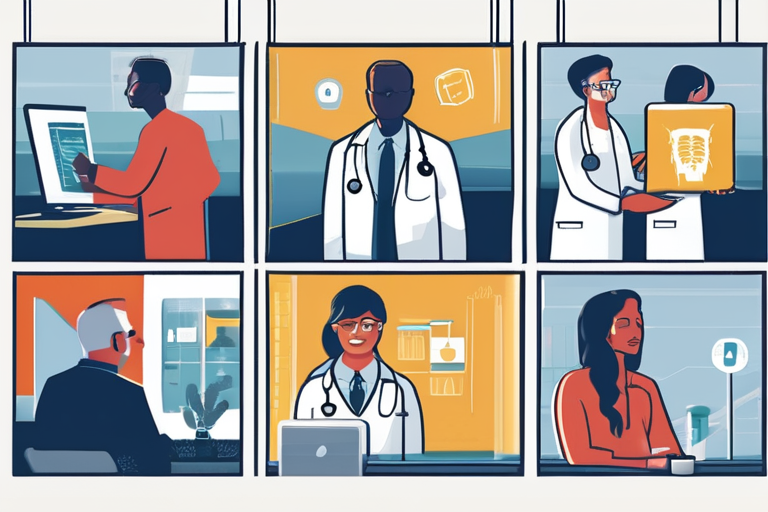


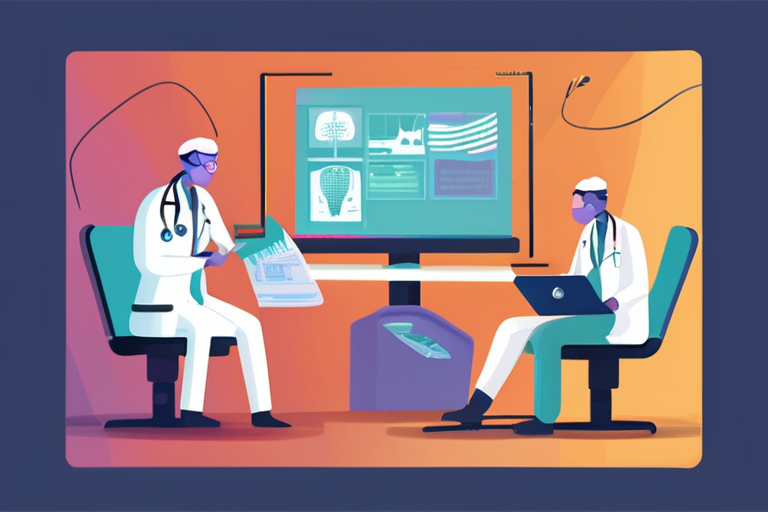
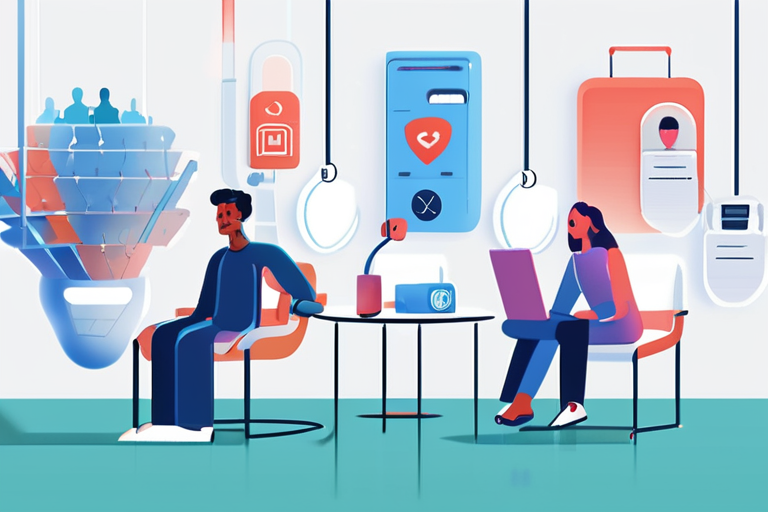
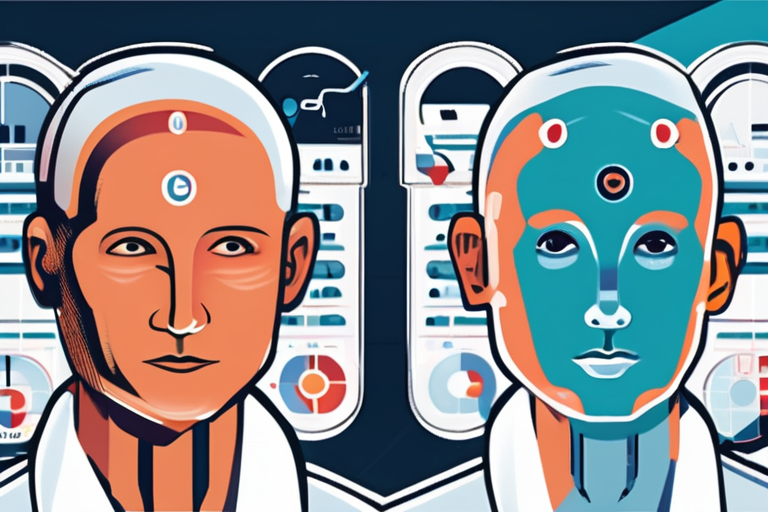
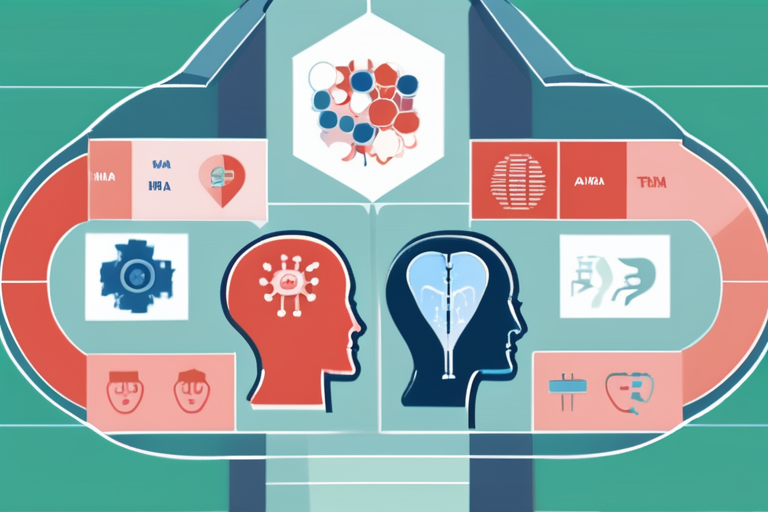
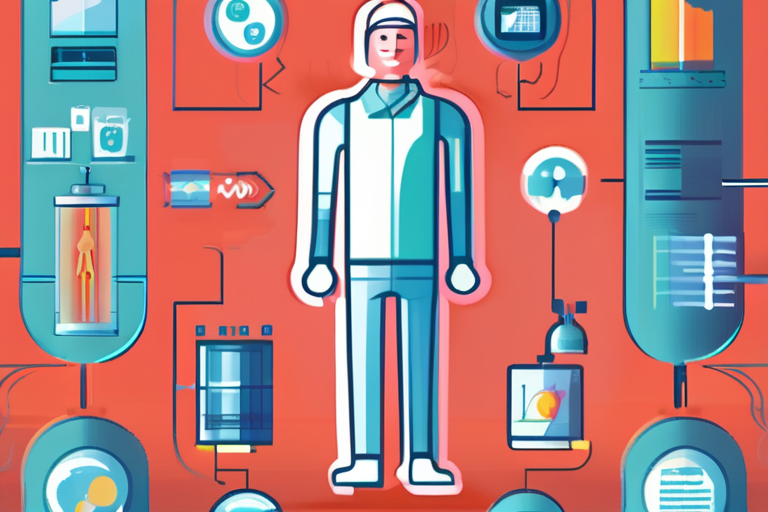
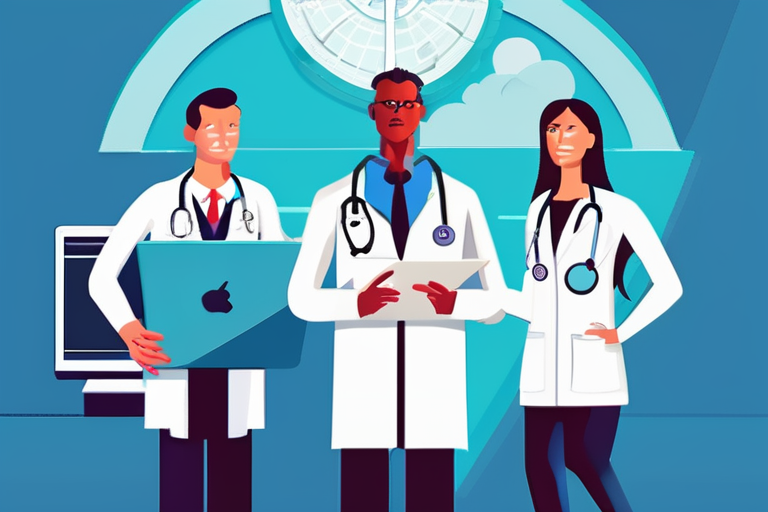

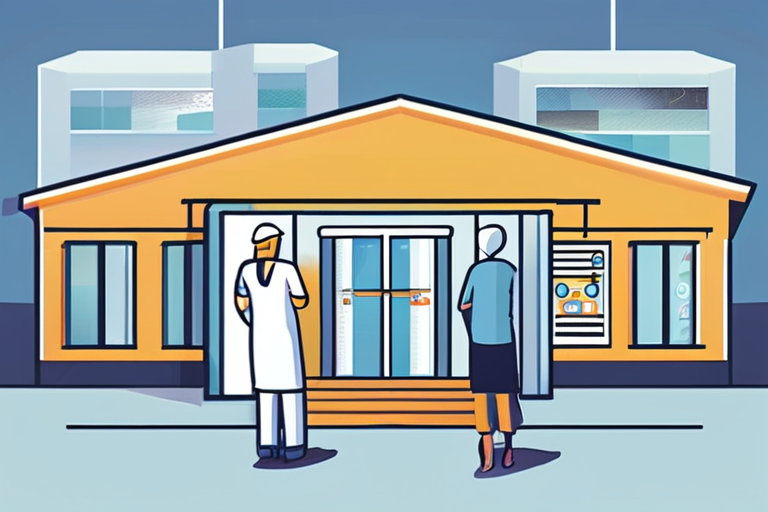

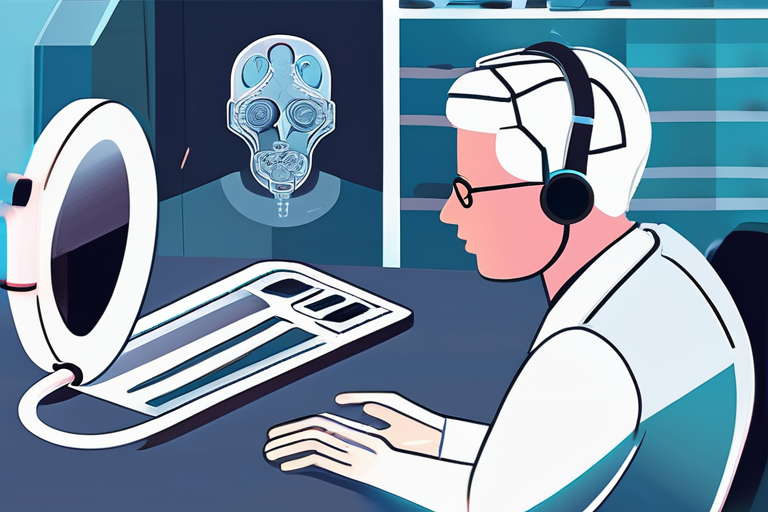
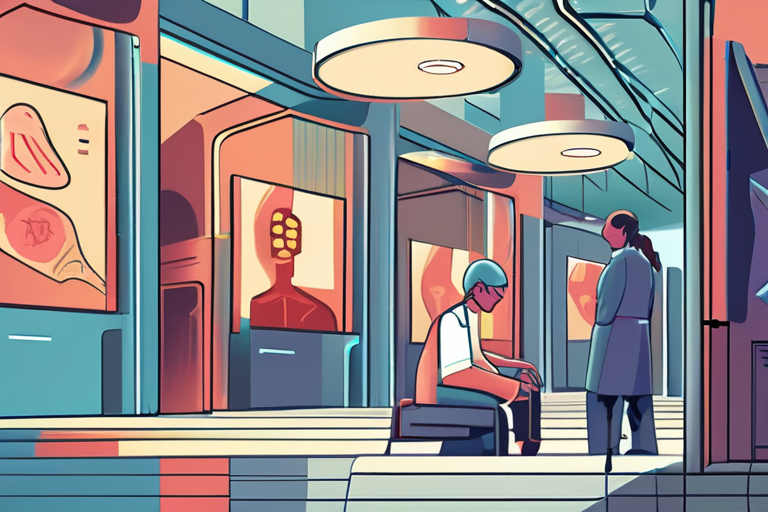
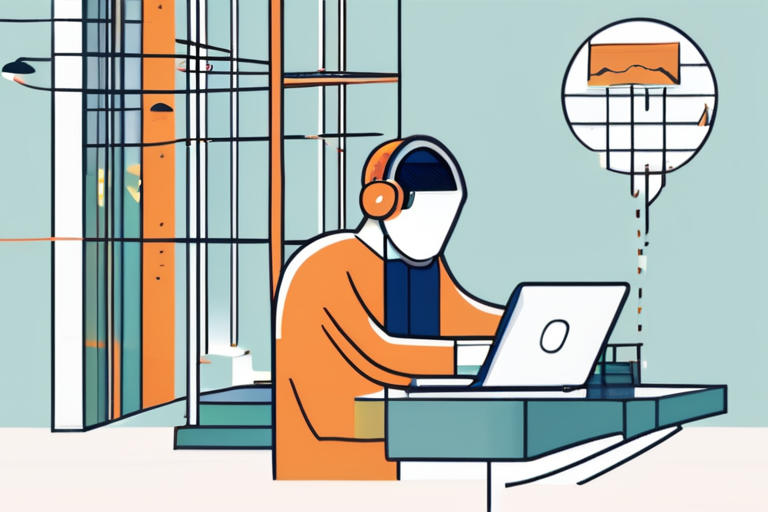
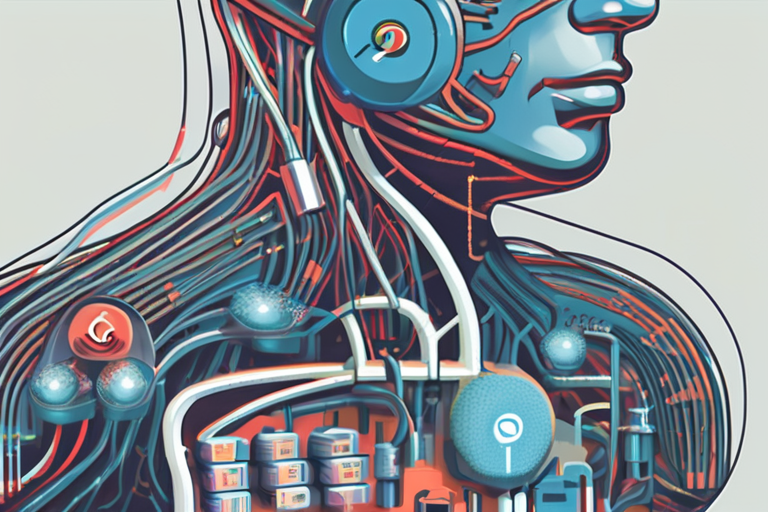
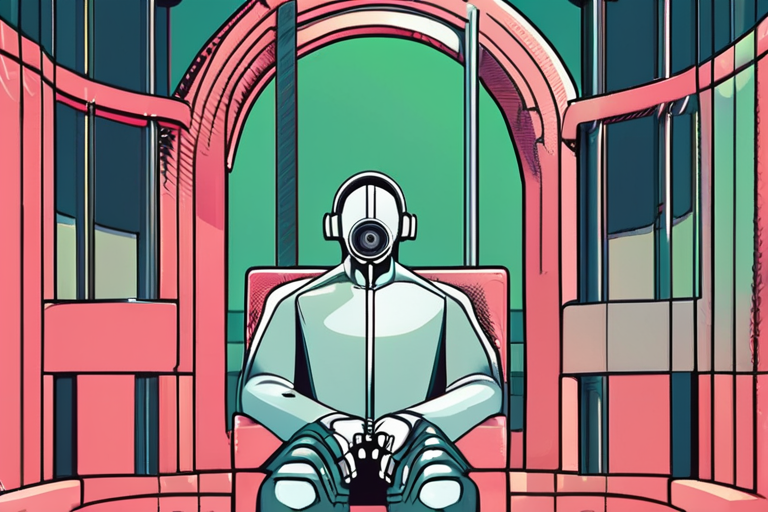
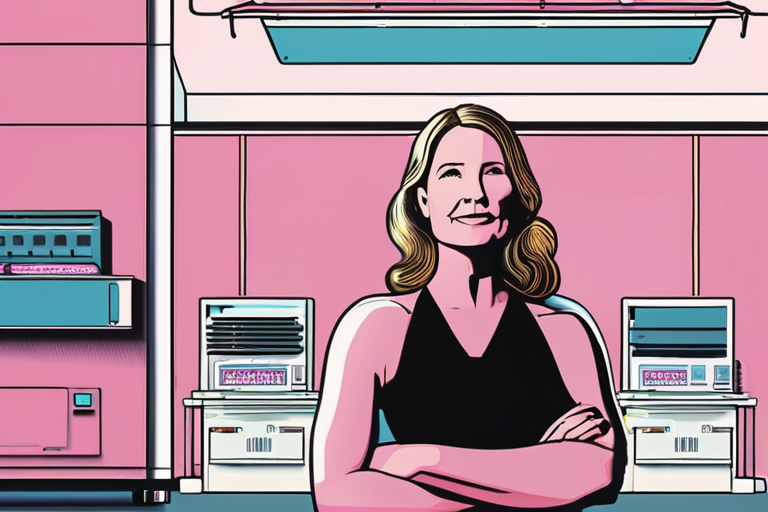
Share & Engage Share
Share this article